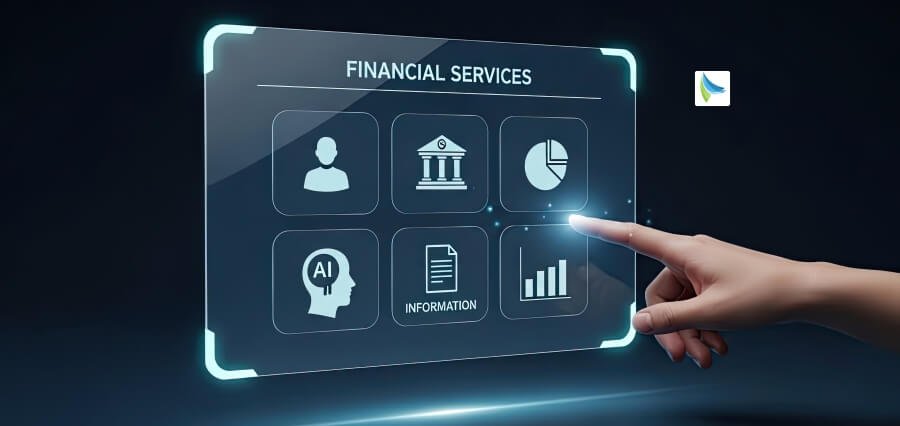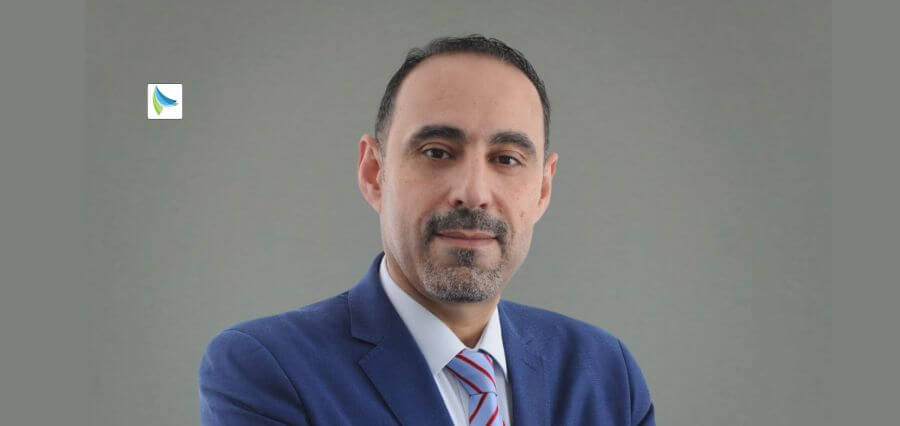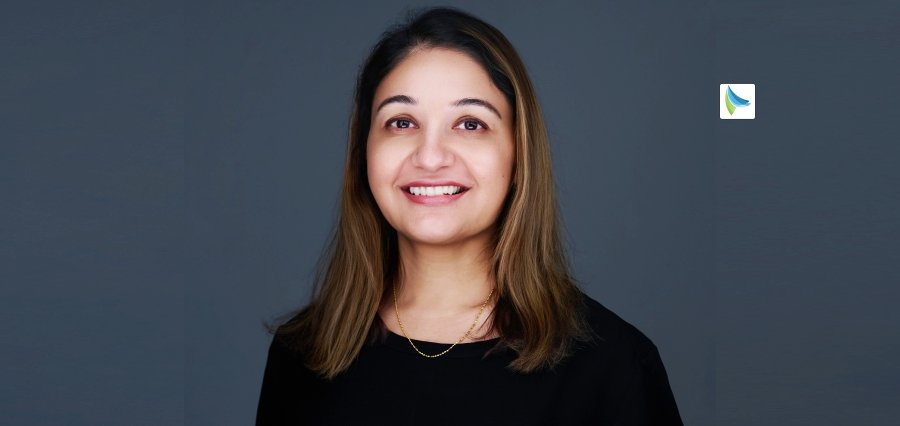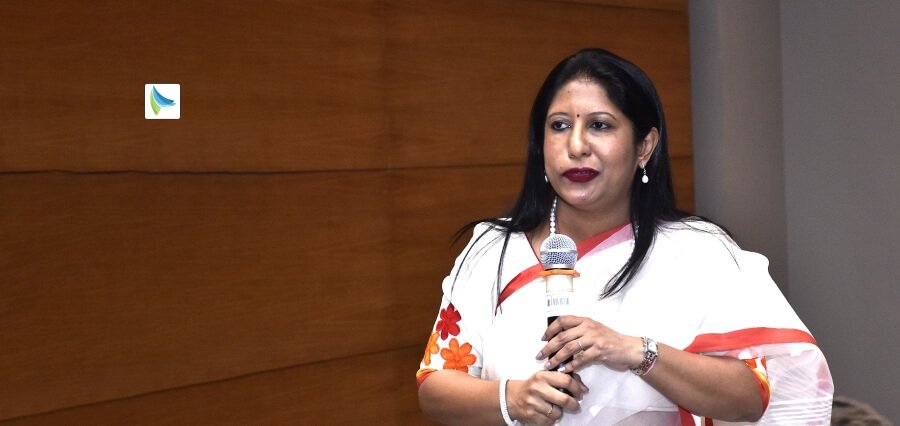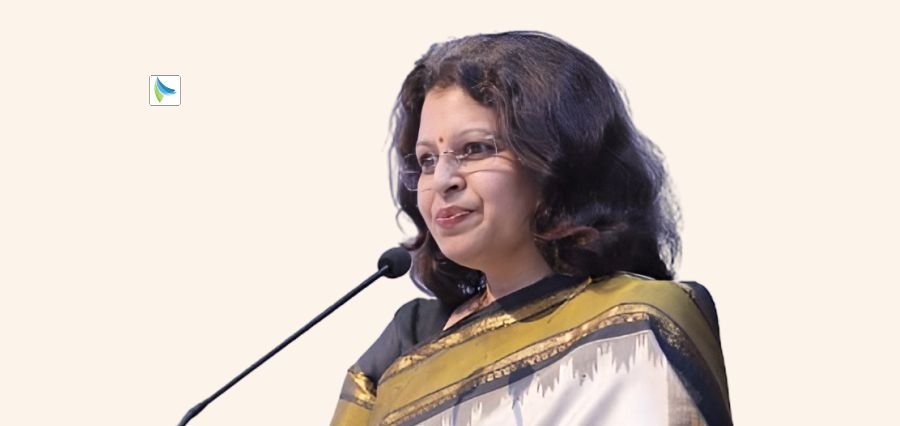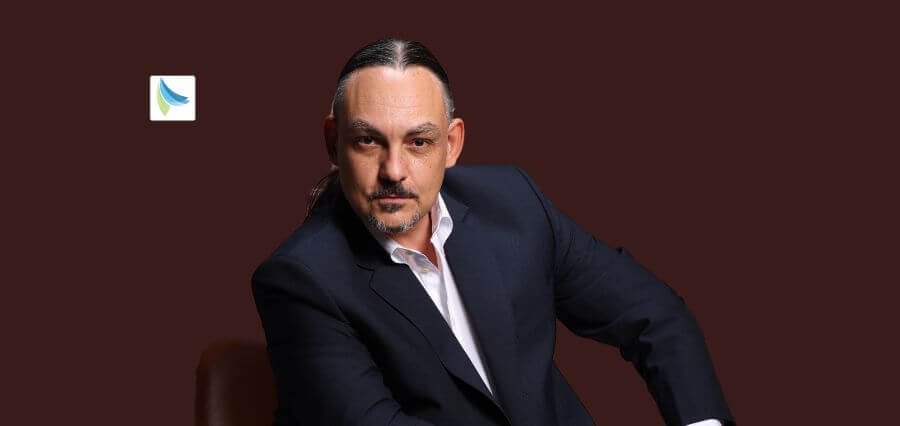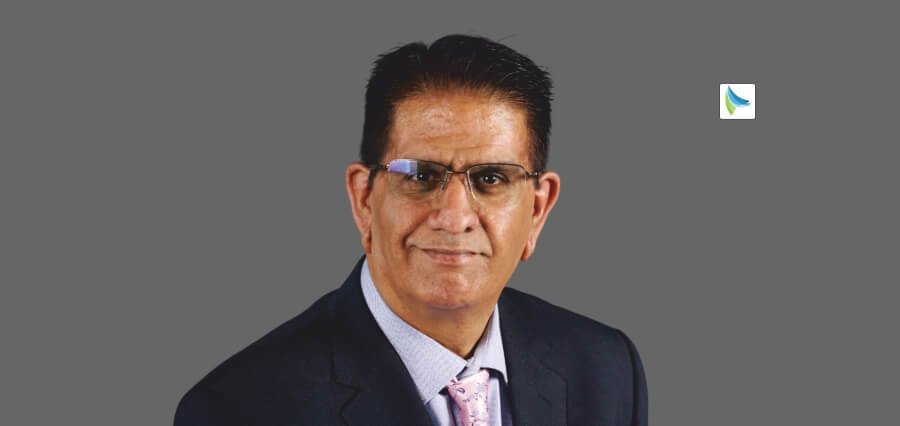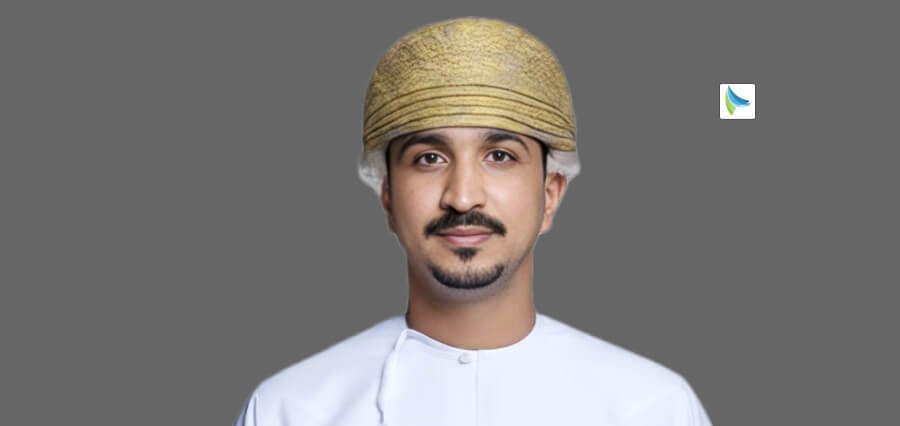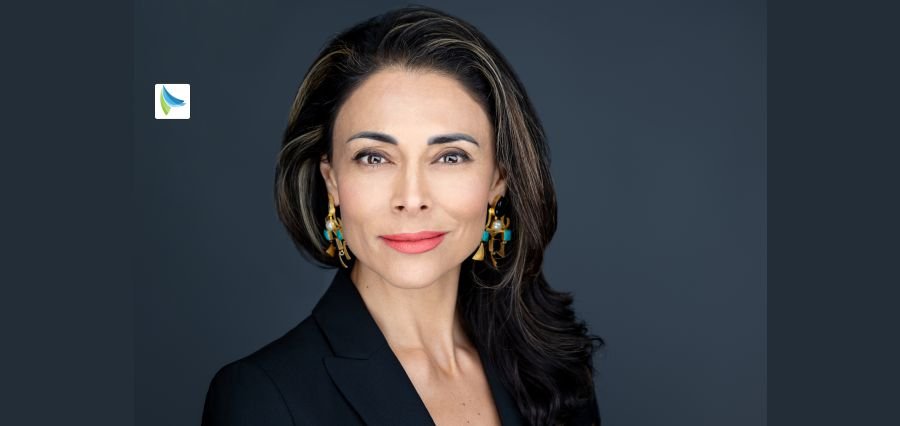True financial leadership extends far beyond the conventional, viewing information, data, and records as more than mere numbers. To a true financial leader, numbers tell a story. Additionally, convention dictates focusing on the short-term, while every business entity demands a constant financial robustness and flow, known as liquidity in technical terms.
The traditional approach to business finance has always been somewhat rigid, while modern companies require as much flexibility as the continuously changing circumstances need. It is in such scenarios that the prominence of the most prominent Chief Financial Officers like Ahmad Shtaiwi rises tenfold. Ahmad, as a CFO, has redefined what it means to lead finance over the past two decades, blending strategic foresight with a human-centered approach to create real, lasting value.
His impressive career, spanning Jordan, Saudi Arabia, Libya, and the UAE, stands as a testament to his ability to steer organizations through complex financial landscapes and deliver transformative results.
From Jordan to the Gulf: A Financial Odyssey Across Borders and Sectors
Ahmad’s career began with quiet conviction in Jordan in 1999. In those early years, he wasn’t just learning the mechanics of finance — he was beginning to see how numbers could drive narratives, shape strategies, and build enduring business legacies. “Finance is not just about numbers; it’s about the decisions those numbers enable,” Ahmad Shtaiwis often reflects.
Over just two years, his foundation became rock-solid, and from there, he charted an ambitious path that would take him across Saudi Arabia, Libya, and the UAE. With each new geography came a deeper understanding of global markets and regional challenges. However, regardless of the industry — whether manufacturing, F&B, retail, furniture, or real estate — Ahmad Shtaiwi’s consistently demonstrated one trait: the ability to adapt, integrate, and lead.
“In every new role, I didn’t just aim to manage finance — I aimed to create clarity in chaos, build trust from transparency, and turn complexity into opportunity,” he shares.
His mastery of financial control, cost accounting, and internal audit has made him a linchpin in high-stakes business transformations. Whether navigating inflationary pressures or aligning cross-border teams, Ahmad’s approach is always strategic, people-focused, and future-ready. “True value,” he says, “isn’t created by control—it’s created by connection.”
Resilience Under Fire: Turning Crisis into Opportunity in Libya’s Retail Sector
Between 2009 and 2013, Ahmad stepped into one of the most defining and daring chapters of his financial leadership journey. At Senwan Trading in Libya, he didn’t just manage growth—he orchestrated an extraordinary expansion, taking the company from just three stores to 33 across the country. But what truly sets this achievement apart is the context: Libya was in the throes of political and economic upheaval.
When the 2011 revolution erupted, many would have seen it as a breaking point. Ahmad Shtaiwi’s saw it as a defining test of leadership. With the local retail director resigning and the Libyan partner pulled into national events, Ahmad took sole operational control. “There was no manual for that moment,” he recalls. “But there was a mission — to protect the business, the people, and the partnerships we’d built.”
He returned briefly to Jordan, then traveled across Europe to personally reassure brand partners like Koton, Lufian, Okaïdi, Promod, and Jennyfer. His presence was a signal of stability. “When the world is uncertain, the only thing people trust is consistency,” he says.
By August 2011, Ahmad was back on Libyan soil, spearheading recovery. In early 2012, he secured exclusive franchise agreements with Landmark Group Dubai, bringing in brands like Max, Babyshop, Home Center, and Shoe Mart. Amid financial turbulence, he not only safeguarded banking facilities but expanded into F&B, sealing deals with Second Cup (Canada), Ruby Tuesday (USA), and Paul (France).
Ahmad’s leadership during this volatile period was more than strategic—it was deeply courageous. “Leadership in crisis,” he says, “is not about knowing all the answers. It’s about showing up, standing firm, and making decisions that others are too afraid to make.”
Architect of Financial Resilience: A Legacy of Building Teams, Restoring Balance, and Driving Strategic Wins
Ahmad is not just a CFO—he’s a builder. In Libya, he did more than drive store expansion; he built the entire finance function from the ground up, mentoring a team that would go on to lead finance departments in major firms like Zueitina Oil Company. His former colleague and co-founder, Adel Alhebri, once remarked, “In 2013, I finally understood the true meaning of financial leadership — thanks to Ahmad.”
That same precision and mentorship would echo years later at Saudi Cable Company (2018–2022), where Shtaiwi navigated one of the most ambitious capital restructurings in the region, valued at SAR 750 million. His negotiation of a SAR 135 million Zakat settlement, coupled with the resolution of USD 23 million in legal claims, showcased his technical mastery under pressure.
He didn’t stop there. Ahmad brought discipline to receivables, reducing DSO to just 22 days, unlocking SAR 4 million in monthly cash flow. His proactive approach to cost control and supplier negotiations, including with copper providers and banks, trimmed industrial costs by 1.5%, equivalent to SAR 4 million annually.
Perhaps his most complex challenge was managing a QAR 48 million tax dispute involving a Qatar subsidiary. Over two years, he traveled, met with auditors and lawyers, and spearheaded legal hearing securing a favorable ruling of QAR 8 million. “That case tested everything—patience, precision, and credibility,” he reflects. “But when the outcome protects shareholder value and enhances trust, every sleepless night is worth it.”
His ability to merge technical excellence with people-first leadership earned him formal recognition at Saudi Cable Company, Almutlaq Furniture, and Senwan. Ahmad Shtaiwi’s saga is a story of more than numbers—it’s about building what others only manage.
Strategic Stewardship in Action: Leading SIDC’s Transformation with Precision and Purpose
In his current role as Chief Financial Officer of the Saudi Industrial Development Company (SIDC), Ahmad continues to raise the bar of what financial leadership means in a modern, regulated, and growth-oriented environment. Entrusted with steering SIDC’s complex financial framework, he crafted a comprehensive strategy rooted in diversification and risk mitigation, ensuring long-term resilience for the organization.
One of his most defining achievements has been leading a SAR 430 million capital restructuring, which included a SAR 265 million capital reduction followed by a SAR 165 million increase. “These weren’t just financial maneuvers—they were strategic imperatives,” Ahmad notes. “We needed to correct the balance sheet while signaling renewed growth potential.”
Simultaneously, he spearheaded the implementation of SAP ERP, now set to go live in Q2 2025, marking a crucial step in SIDC’s digital transformation. He also ensured timely and transparent quarterly reporting, reinforcing trust among investors and regulators.
Ahmad played a key role in establishing a robust governance and compliance framework aligned with the Capital Market Authority (CMA) standards, thereby solidifying SIDC’s corporate credibility.
Notably, during a pivotal stage of execution, Ahmad and his team worked over 16 hours a day for 16 consecutive days, including throughout Ramadan and Eid. He insists the achievement wasn’t his alone: “The IT and shared services teams weren’t just supporting us—they were building the future alongside us.”
The impact of his leadership did not go unnoticed. Vice Chairman and Managing Director Bander Alhomaidhi said it best: “I wish we had another Ahmad.”
Ahmad’s legacy at SIDC is still unfolding—but it already speaks volumes about his relentless pursuit of excellence, integrity, and transformation.
Mastering Uncertainty: Ahmad’s Financial Leadership in High-Inflation Economies and the Digital Frontier
Ahmad’s acumen has been tested and proven across some of the world’s most volatile economic landscapes. From Turkey (2018–2022) to Egypt (2022–present), he has skillfully navigated high-inflation markets where currency devaluation, capital restrictions, and pricing instability often derail long-term strategy.
During these challenging periods, Ahmad spearheaded hedging programs and dollar-linked investments worth over USD 20 million, effectively absorbing nearly 40% of the inflationary impact. “In markets like these, you don’t just protect profits—you protect business continuity,” he reflects. “My role was to anticipate the storm, not just react to it.”
Ahmad became a strategic conduit between headquarters and local subsidiaries, ensuring that financial decisions reflected both macro realities and operational needs on the ground. His nuanced understanding of risk allowed him to foster alignment and sustainability without compromising agility.
Looking ahead, Ahmad believes the next frontier in finance is a seamless integration of human intelligence and technology. “Digital transformation is not optional,” he insists. “It’s a strategic necessity.” He sees AI, automation, and predictive analytics not as threats, but as tools that enhance decision making, empower finance teams, and drive better governance.
“Technology should serve people,” he says, “not the other way around. The future belongs to finance leaders who can balance data with discernment.”
Ahmad’s evolving vision continues to place him at the vanguard of financial transformation—unshaken by volatility, driven by clarity, and guided by a belief in finance that empowers, adapts, and endures.
Legacy Beyond Ledgers: A Human-Centered Vision forthe Future of Finance
For Ahmad, success in finance is never confined to spreadsheets or quarterly earnings—it is defined by the human and economic ripple effects left in its wake. His transformative efforts, from Libya to Saudi Arabia, Egypt to the UAE, have consistently achieved more than just financial turnarounds—they’ve revitalized companies, empowered people, and fueled entire ecosystems.
“Finance is not just numbers,” Ahmad often says. “It’s about understanding people, aligning interests, and serving strategy.” That belief has echoed across every chapter of his career. Whether building a finance team from scratch during Libya’s political unrest, leading 16-hour shifts through Ramadan to implement SAP, or mentoring young professionals who now lead finance functions at major firms, Ahmad’s impact is measured as much in lives transformed as in balance sheets stabilized.
At SIDC and beyond, his initiatives have created jobs, enhanced local economies, and shaped future leaders—proof that true financial stewardship supports not just profitability, but progress. He holds a deep conviction that finance should drive ethical growth, support sustainability, and contribute to the well-being of societies.
Looking further ahead, Ahmad dreams of leading a multinational company, one that acts as a bridge between emerging markets and global best practices. “I want to shape the future of finance,” he shares, “with integrity, purpose, and a clear vision of value that transcends borders.”
Ahmad Shtaiwi’s saga is far from over. However, if his past is any indication, his future will likely continue to be defined by courageous leadership, compassionate insight, and a relentless commitment to making finance work for people, businesses, and the world at large.




